The antidepressant Cymbalta is a selective serotonin and norepinephrine reuptake inhibitor (SSNRI). Duloxetine alters brain chemicals that may be out of balance in depressed individuals. Before diving in deep about how fast does Cymbalta work for anxiety, Let’s focus on Cymbalta uses.
Cymbalta Uses:
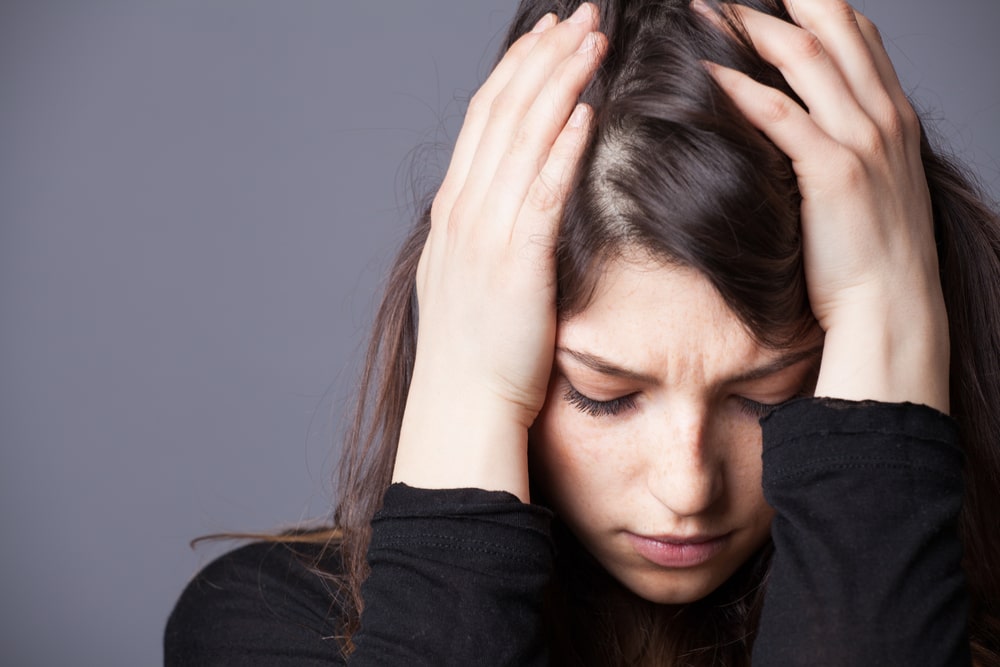
What is Cymbalta used for? Duloxetine, sold under the brand name Cymbalta, is an antidepressant used to treat major depressive disorder, fibromyalgia, neuropathic pain, and central sensitization. It is consumed orally.
It is a member of the class of drugs known as selective norepinephrine and serotonin reuptake inhibitors (SSNRIs). This drug works by assisting in the brain’s natural chemical balances of serotonin and norepinephrine. Cymbalta anxiety and depression are both addressed by this medication.
Additionally, it is utilized to reduce persistent pain brought on by medical disorders including arthritis, chronic back pain, or fibromyalgia as well as nerve pain (peripheral neuropathy) in persons with diabetes (a condition that causes widespread pain). Your mood, sleep, appetite, energy level, and anxiousness may all be enhanced by duloxetine. It can also decrease pain due to certain medical conditions. These are some of the Cymbalta uses and let’s learn more on How Fast Does Cymbalta Work For Anxiety.
Cymbalta Dosage:

The dosage is determined by the patient’s age, health, and treatment response. The patient may be instructed by the doctor to begin Cymbalta at a low dose and gradually raise the dose to limit the chance of side effects. Patients must strictly adhere to the doctor’s directions. To get the most out of this medication, it must be taken frequently. It should be taken at the same time(s) every day to aid in memory.
As prescribed by the doctor, this prescription should be ingested orally one or two times a day, with or without meals. Taking this medication with food may help a patient who is experiencing nausea. You can either open the capsule or sprinkle the medication’s contents into a tablespoon of applesauce, or you can drink it whole. Immediately swallow the drug/food combo. Never chew or crush the mixture.
Don’t make the mixture in advance to use later. Even if the patient feels better, he or she must continue taking the drug. Without first consulting your doctor, do not discontinue using this drug. When this medication is abruptly stopped, certain conditions could get worse.
Additionally, you can have symptoms including light-headedness, confusion, mood fluctuations, headache, diarrhea, altered sleep patterns, and transient electric shock-like sensations. Your doctor may gradually lower your dose to prevent these symptoms as you quit taking this medication. For more information on Cymbalta uses and how fast does Cymbalta work for anxiety, speak with your doctor or pharmacist. Right once report any new or escalating symptoms.
Strengths and forms:
Form: Oral delayed-release capsule
Strengths: 20 milligrams (mg), 30 mg, 40 mg, and 60 mg
Cymbalta Dosage For Anxiety:
Adult dosage (ages 18 years and older)
- Typical starting dosage: 30–60 mg per day.
- Maximum dosage: 120 mg per day.
Cymbalta Side Effects:
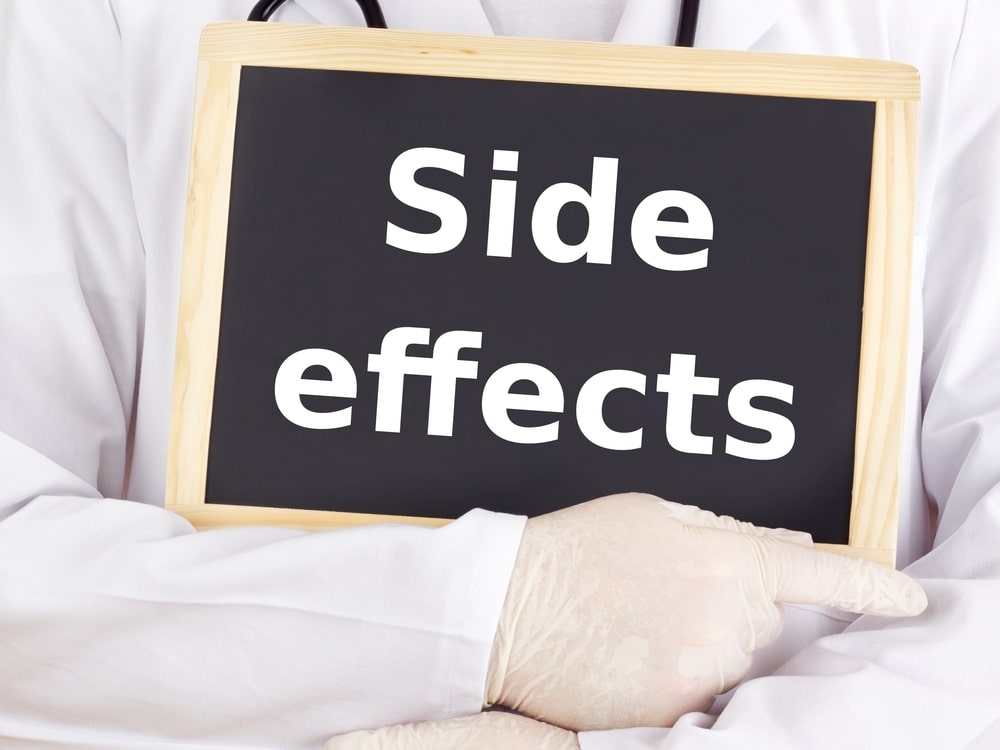
Cymbalta uses are to be kept in mind before taking this medicine. It may cause negative effects in some people, much as any medication. However, the majority of people only experience minimal side effects. As your body adjusts to Cymbalta, some of the usual adverse effects progressively get better.
Typical adverse consequences:
- Difficulty sleeping
- For Headaches
- Feeling dizzy
- Blurred vision
- Constipation
- Diarrhea
- Feeling or being sick (nausea or vomiting)
- Dry mouth
Serious side effects:
- Hallucinations, or you become aggressive and angry,
- Feelings of euphoria, excessive enthusiasm or excitement, or feeling restless,
- Constant headaches,
- long-lasting confusion or weakness,
- frequent muscle cramps – these can be signs of low sodium levels in your blood,
- Yellowing of the whites of your eyes, Eye pain or blurred vision,
- Black or red stools or blood in your vomit – these can be signs of bleeding from your gut,
- Coughed up blood or have blood in your pee,
- Bleeding from your gums, or bruises that appear without a reason or get bigger after regular Cymbalta use.
Cymbalta and Pregnancy:

In general, it is not advised to take Cymbalta while pregnant because there is little data on how it can harm the unborn child.
However, it can be sensible to continue taking this medication during pregnancy if it is effective for you before becoming pregnant. Talk about this with your obstetrician or midwife.
Cymbalta use during the weeks leading up to delivery may occasionally result in short-term withdrawal symptoms and, very rarely, breathing issues for the unborn child. After birth, your baby will be examined and given additional care as necessary.
Foods to avoid while taking Cymbalta:
- Alcohol: Drinking alcohol while taking Cymbalta can increase the risk of side effects such as drowsiness, dizziness, and impaired judgment. It’s advisable to limit or avoid alcohol consumption while on Cymbalta.
- Grapefruit and Grapefruit Juice: Grapefruit and grapefruit juice can interfere with the metabolism of certain medications, including Cymbalta. Avoid consuming grapefruit or grapefruit juice while taking Cymbalta to prevent potential interactions.
- Tyramine-rich foods: Examples of tyramine-rich foods include aged cheeses, cured meats, fermented foods, and certain beverages such as wine and beer. It’s advisable to consume these foods in moderation and be mindful of any adverse effects.
- Caffeine: Cymbalta can cause drowsiness or insomnia in some individuals. If you experience sleep disturbances, limiting caffeine intake, especially in the evening, may help improve sleep quality.
- High-Fat or Heavy Meals: Taking Cymbalta with high-fat or heavy meals may decrease its absorption, potentially reducing its effectiveness. It’s generally recommended to take Cymbalta with food to minimize gastrointestinal side effects, but opt for lighter meals if possible.
Less appetite than usual and weight loss: As your body adjusts to the medication, you should notice improvement in this adverse effect. Eating smaller meals more frequently and sticking to foods you enjoy may also be beneficial. Consult your doctor for guidance if your appetite does not return or if you significantly reduce your weight by Cymbalta use. Let’s know more about how fast does Cymbalta work for anxiety and see if there are any serious side effects.
Cymbalta and Breastfeeding:

Very little Cymbalta makes it into breast milk, and it is not known to have any negative effects on breastfed infants.
Consult your doctor or pharmacist if you want to breastfeed or are currently nursing as different medications may work better for you. You must use the medication that is effective for you and know more about Cymbalta uses and how fast does Cymbalta work for anxiety.
Cymbalta and Weight Gain:
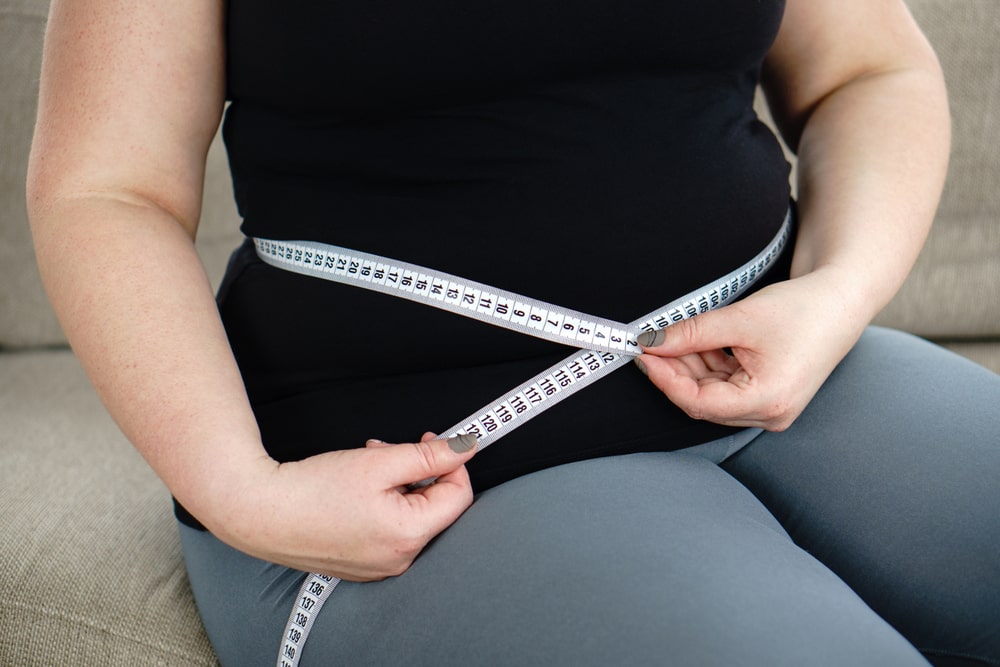
Because Cymbalta (duloxetine) may interfere with brain neurotransmitters like serotonin or histamine that control hunger, weight gain is a potential side effect of regular Cymbalta use. In addition to increasing appetite, blocking histamine may cause weight gain. You must use the medication that is effective for you and how fast does Cymbalta work for anxiety and weight gain if any.
Why does Cymbalta cause weight changes?
Studies reveal that gastrointestinal (stomach) side effects such as decreased appetite and nausea from SNRIs like Cymbalta are usually linked to weight loss. Frequent occurrences include nausea (23%), decreased appetite (7%), and abdominal pain (5%) after Cymbalta use.
By interacting with brain neurotransmitters like serotonin or histamine that help control hunger, antidepressants may lead to weight gain. In addition to increasing appetite, blocking histamine may cause weight gain.
Some antidepressants have sedative and exhausting side effects that reduce activity and exercise levels, which may lead to weight gain. Cymbalta is more likely to result in sleeplessness than sleepiness, though.
Other antidepressants, such as bupropion (Wellbutrin XL), fluoxetine (Prozac), or sertraline (Zoloft), are more weight-neutral. Both the SNRIs venlafaxine (Effexor) and duloxetine (Cymbalta) have somewhat less of an impact on weight gain. Tricyclic antidepressants, an older class of medicines used to treat depression, are well-known to be associated with weight gain.
Cymbalta for Anxiety:

Nearly 29 percent of Americans will have an anxiety disorder at some point in their lives, making anxiety disorders the most prevalent category of psychiatric diseases. In the USA, $42.3 billion is spent annually on treating anxiety disorders. Your doctor may recommend Cymbalta if you have been given a diagnosis of major depressive disorder (MDD) or generalized anxiety disorder (GAD). Learn more about Cymbalta uses before consuming the medicine.
Adults with major depressive disorder and children over the age of seven who have generalized anxiety disorder are both treated with Cymbalta. A once-daily 60 mg dose of Cymbalta has been shown to reduce anxiety symptoms in people with depression within 2-4 weeks.
A pharmaceutical class known as a serotonin and norepinephrine inhibitor, or SNRI, includes Cymbalta. These substances are often reabsorbed by the brain after they have done conveying their signals, a procedure known as “reuptake.”
The reuptake mechanism is slowed down or inhibited by SNRIs. More norepinephrine and serotonin are left in the brain as a result. Increasing these organic brain chemicals can enhance your mood, sleep, appetite, and vitality. Additionally, it eases anxiety and you understand how fast does Cymbalta work for anxiety.
Here’s how Cymbalta works for anxiety:
- Serotonin and Norepinephrine Regulation: Cymbalta works by increasing the levels of two neurotransmitters in the brain: serotonin and norepinephrine. These neurotransmitters play important roles in regulating mood, emotions, and anxiety. By inhibiting the reuptake of serotonin and norepinephrine, Cymbalta helps to increase the levels of these neurotransmitters in the brain, which can lead to improvements in mood and a reduction in anxiety symptoms.
- Neuroplasticity: Chronic stress and anxiety can lead to changes in brain structure and function, including alterations in the levels of neurotransmitters and disruptions in neural circuits involved in emotional regulation. Cymbalta may help to promote neuroplasticity, which is the brain’s ability to adapt and reorganize in response to experiences and environmental changes. By increasing serotonin and norepinephrine levels, Cymbalta may support processes involved in neuroplasticity, which could contribute to its effectiveness in reducing anxiety symptoms over time.
- Pain Relief: In addition to its effects on mood and anxiety, Cymbalta also has analgesic properties and is approved for the treatment of chronic musculoskeletal pain, neuropathic pain, and fibromyalgia. Chronic pain conditions are often comorbid with anxiety disorders, and by relieving pain, Cymbalta may indirectly improve anxiety symptoms in individuals with co-occurring pain and anxiety.
- Modulation of Brain Circuits: Cymbalta may also modulate brain circuits involved in anxiety and emotional regulation, including the amygdala, prefrontal cortex, and hippocampus. These brain regions play key roles in processing emotions, fear responses, and cognitive functions. By influencing the activity of these brain circuits, Cymbalta may help to reduce excessive anxiety and improve emotional stability.
How Fast Does Cymbalta Work For Anxiety?

The onset of action for Cymbalta (duloxetine) in treating anxiety can vary from person to person. Some individuals may start to experience improvements in anxiety symptoms within a few weeks of starting treatment, while for others, it may take several weeks to several months to notice significant benefits.
Several factors can influence how quickly Cymbalta works for anxiety:
- Individual Response: Each person’s body responds differently to medications, and the time it takes to see improvements in anxiety symptoms can vary based on factors such as metabolism, genetics, overall health, and the severity of the anxiety.
- Dosage and Treatment Duration: The dosage of Cymbalta prescribed by the healthcare provider and the length of time the medication has been taken can affect how quickly it starts to work. Higher doses may provide more rapid relief of symptoms, but they also increase the risk of side effects.
- Co-occurring Conditions: If anxiety is accompanied by other mental health conditions such as depression or chronic pain, it may take longer to see improvements in overall well-being, as Cymbalta may need time to address multiple symptoms.
- Adjunctive Treatments: Cymbalta is often used as part of a comprehensive treatment plan for anxiety, which may include therapy, lifestyle modifications, and other medications. The combination of treatments may lead to more significant improvements in anxiety symptoms over time.
- Patient Expectations: Managing expectations is important when starting a new medication for anxiety. It’s essential to understand that Cymbalta may not provide immediate relief of symptoms and that it may take time to achieve the desired therapeutic effects.
How effective is Cymbalta for Treating Anxiety Disorder and how fast does Cymbalta work for anxiety? You might have generalized anxiety disorder (GAD) if you’ve had excessive concern or anxiety for at least six months.
50–60% of GAD patients with Cymbalta use for 10 weeks reported an improvement in their anxiety symptoms of 50% or greater. Other trials have demonstrated that Cymbalta anxiety’s effectiveness may be useful and helpful for treating the disease when other therapies have failed. If your doctor has prescribed Cymbalta use, follow his or her instructions exactly and do not skip doses.
Whether or not you notice a change, consult your doctor before quitting the medication. Avoid abruptly stopping Cymbalta after 1 week or whether or not you notice a change, or any other antidepressant since this may result in withdrawal symptoms. Hope, you have understood how fast does Cymbalta work for anxiety.
What is Cymbalta Withdrawal?
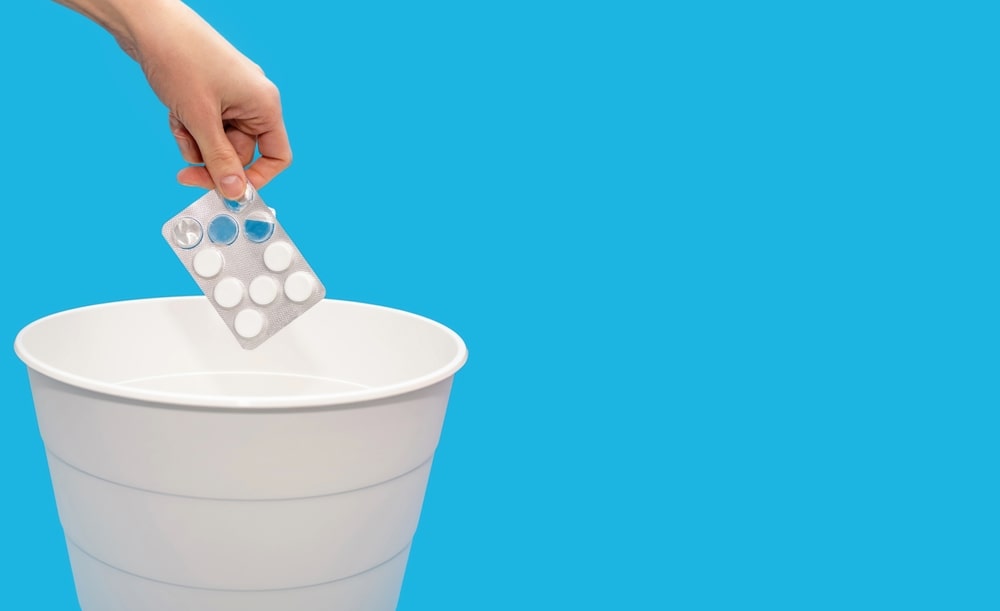
Without the help of a healthcare professional, stopping Cymbalta quickly can result in withdrawal, a set of unpleasant symptoms that happen when you don’t wean off the drug properly. It’s crucial to taper off Cymbalta after Cymbalta use as instructed by your doctor if you want to stop taking it or switch to another drug and you understand how fast does Cymbalta work for anxiety.
Symptoms of abruptly stopping the drug include the following:
- Insomnia
- Nightmares
- Sweating
- Anxiety
- Dizziness
- Nausea
- Pain, burning, or numbness in the hands or feet
- Headache and shock-like symptoms in the head
- A prickling or tingling sensation on the skin called paraesthesia
Several hours after lowering or quitting an antidepressant, withdrawal symptoms can start.
What are the Best Ways to Taper Off of Cymbalta?
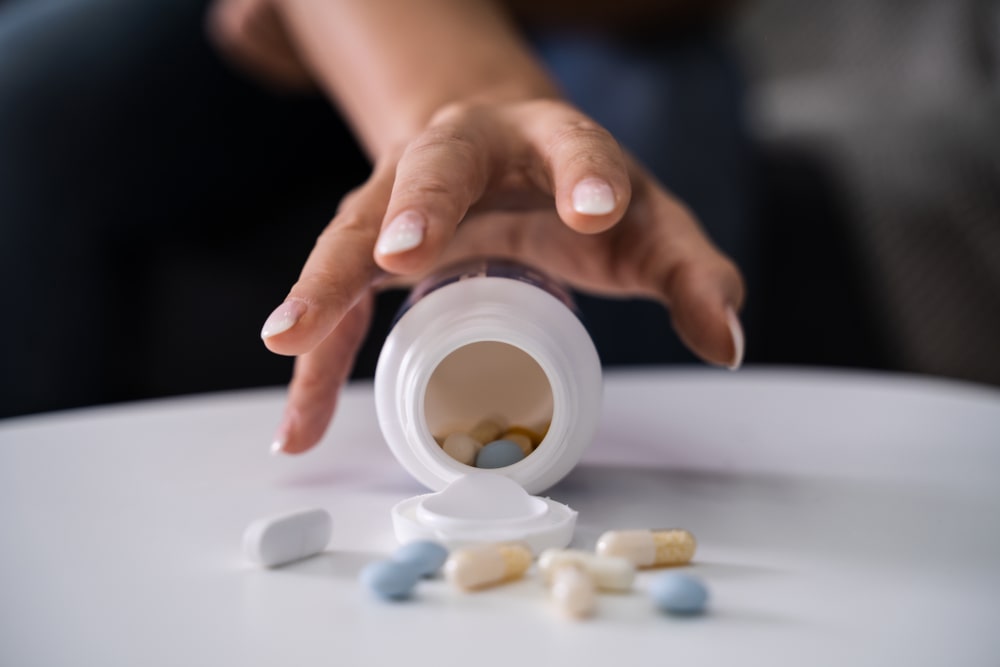
The ideal Cymbalta taper schedule will be determined by your healthcare provider. You must carefully adhere to their recommendations. The dosage you’re tapering off of, your unique medical history, and how long you’ve been taking Cymbalta are all individual aspects that will affect the timing and tapering instructions.
Most likely, your doctor would advise a few-week tapering-off phase. Your doctor will offer you instructions on how to gradually reduce your Cymbalta use and dosage over this period until you are off all medication. Your depression, anxiety, or chronic pain symptoms could return after you stop Cymbalta use.
Make an appointment with your healthcare professional if the symptoms worry you or begin to get worse. Go to the nearest medical facility for emergency care if you have any thoughts of injuring yourself or someone else or want to know how fast does Cymbalta work for anxiety even if you want to taper off of Cymbalta and ask for any possible withdrawal symptoms.
Coping With Cymbalta Withdrawal:

Certain techniques can help you manage throughout this transition time, whether you’re changing to a different antidepressant or stopping medication entirely:
- Remain in close contact with your provider: You can suffer some withdrawal symptoms even if you adhere to your provider’s instructions after Cymbalta. Contact your provider right away if you ever feel uneasy or have any severe or troublesome symptoms.
- Get in touch with friends and family: Let your close friends and family know that you might need some extra TLC in the coming weeks.
- Take care of yourself: If you do have withdrawal symptoms, such as headaches or anxiety, you can self-medicate by using over-the-counter drugs or other self-care techniques.
Hope you have learned how fast does Cymbalta work for anxiety and how to cope with withdrawal symptoms.
Cymbalta Overdose:
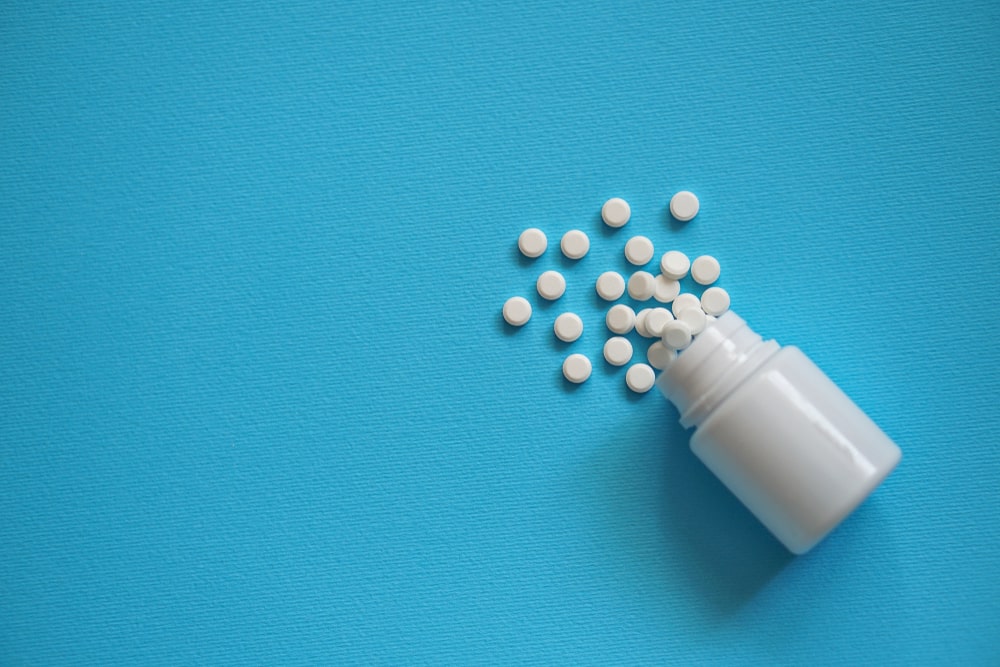
If you consume too much: Your body may contain potentially harmful amounts of the substance. An overdose of Cymbalta can cause the following symptoms: exhaustion; seizures; dizziness; an accelerated heartbeat; elevated blood pressure; and vomiting.
Call your doctor or get advice from someone else if you believe you’ve taken too much of this medication. Hope, you have understood Cymbalta uses and how fast does Cymbalta work for anxiety.
FAQs:
How much Cymbalta is fatal?
Adults should take 40 mg to 60 mg daily, divided into two doses of 20 mg each (given either once a day or as 30 mg two times per day). If necessary, your doctor might raise your dose. The dose, though, is often limited to 120 mg per day.
Sleepiness, coma, serotonin syndrome, seizures, tachycardia, hyper or hypotension, and vomiting are the most common symptoms of overdoses of Cymbalta use. Supportive care should be provided. Ask your physician how fast does Cymbalta work for anxiety and if it is fatal.
How to sleep while taking Cymbalta?
Melatonin is safe to use while taking Cymbalta when taken at recommended levels of 1 to 5 mg every night. There is evidence that melatonin supplements may benefit some people by increasing their overall sleep duration, quality, and latency (how long it takes to fall asleep).
Does Cymbalta cause weight gain?
Yes, Cymbalta use can cause weight gain.
Is Cymbalta an SSRI?
No, Cymbalta belongs to a class of drugs known as SNRIs (serotonin-norepinephrine reuptake inhibitors). They function by raising the brain’s levels of serotonin and norepinephrine.
Is Cymbalta a controlled substance?
No, Cymbalta is not a controlled substance, to be clear. Cymbalta is unlikely to make you feel “high” or euphoric. Medication that is subject to strict government regulation is referred to as a controlled substance, but Cymbalta is not available without a prescription.
How long does it take for Cymbalta to work?
how fast does Cymbalta work for anxiety!! Usually, it takes around 2-4 weeks for Cymbalta to work.
What to do if I forgot to take Cymbalta for 3 days?
Avoid missing any of your doses as doing so could reduce the effectiveness of your medication. Symptoms of withdrawal could also appear if you skip a dose of the medication. If you do happen to miss a dose, skip it and take your next dose at the regular time.
How long does Cymbalta stay in your system?
For two to three days after quitting the medicine, Cymbalta may still be found in the blood by a blood test.
How fast does Cymbalta work for anxiety?
One of the major Cymbalta uses is for anxiety. How fast does Cymbalta work for anxiety? You should start to see relief from your anxiety-related symptoms and a decrease in your nervousness after 2-4 weeks of taking Cymbalta regularly.



Comments are closed.